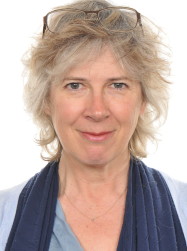BibTex format
@article{Ngiam:2017:10.1007/s11252-016-0635-0,
author = {Ngiam, RWJ and Lim, WL and Collins, CM},
doi = {10.1007/s11252-016-0635-0},
journal = {Urban Ecosystems},
title = {A balancing act in urban social-ecology: human appreciation, ponds and dragonflies},
url = {http://dx.doi.org/10.1007/s11252-016-0635-0},
year = {2017}
}

